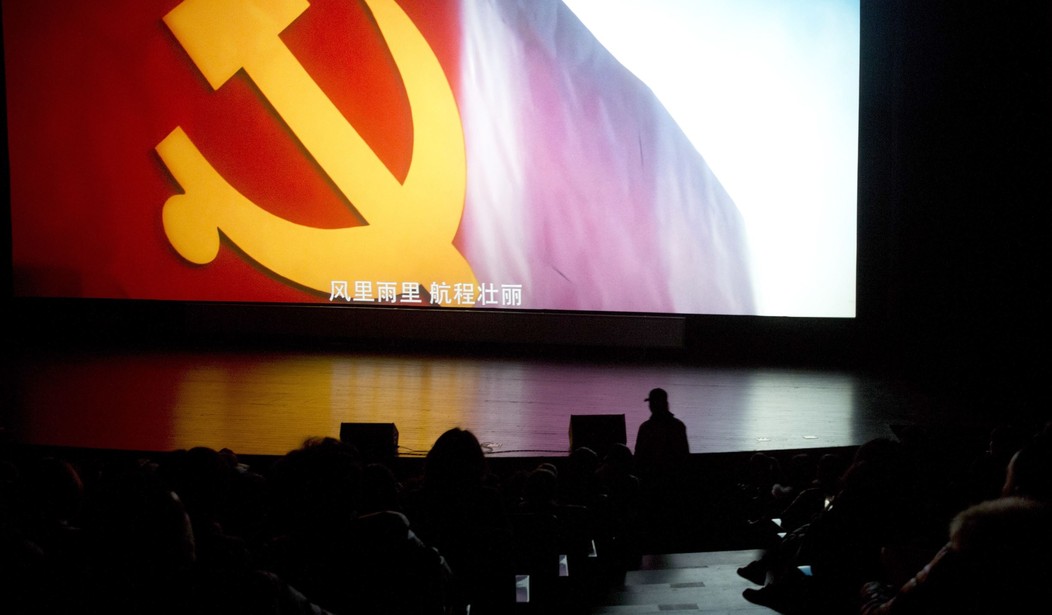On Monday, American and United Kingdom officials took action to punish the "APT13" cyberespionage group, which is believed to be an arm of the Chinese Ministry of State Security. The U.S. and the U.K. will be filing charges and imposing sanctions against seven individuals identified.
Authorities on both sides of the Atlantic accused the hacking group nicknamed "APT31" of being an arm of China's Ministry of State Security and reeled off a laundry list of targets: White House staffers, U.S. senators, British parliamentarians, and government officials across the world who criticized of Beijing. Defense contractors, dissidents, security companies were also hit, the officials said.
In an indictment unsealed on Monday against seven of the alleged Chinese hackers involved, U.S. prosecutors in court said the hacking resulted in the confirmed or potential compromise of work accounts, personal emails, online storage and telephone call records belonging to millions of Americans.
The aim of the global hacking operation was to "repress critics of the Chinese regime, compromise government institutions, and steal trade secrets," Deputy Attorney General Lisa Monaco said in a statement.
China, a nation not generally known for straight dealing, immediately denied the allegations.
Chinese diplomats in London and Washington dismissed the allegations as unwarranted and lacking "valid evidence." The Chinese Embassy in London called the charges "completely fabricated and malicious slanders."
The Federal Bureau of Investigation (FBI) Director Christopher Wray said:
"Today's announcement exposes China's continuous and brash efforts to undermine our nation's cybersecurity and target Americans and our innovation,” FBI Director Christopher Wray said in a statement.
Tensions between Beijing and Washington over issues relating to cyberespionage have been rising as Western intelligence agencies have increasingly sounded the alarm on alleged Chinese state-backed hacking activity.
This comes at a time when the Chinese social media app TikTok is still the subject of a great deal of discussion.
See Related: Will the Senate Vote to Ban TikTok? It’s Hard to Tell
Ro Khanna Dishes on His Opposition to the TikTok Bill
While this issue remains to be litigated, it wouldn't be a huge surprise to find the Chinese Communist Party (CCP), who, in effect, is China, is in fact behind APT13's cyberspying activities. China is a nation that is at something of a crossroads; its real estate market is collapsing, they are about to fall off a demographic cliff, and the CCP is insistent on engaging in a military buildup that the faltering nation cannot afford. So, it would come as no surprise that the CCP is seeking every advantage they can latch onto.
The advantages a nation-state has in conducting cyber espionage over traditional spycraft are two-fold: economy and risk. First, cyber-attacks or cyber-spying are low-cost operations; proficient hackers are cheaper to train and onboard than trained field intelligence officers, and the same analytical staff can interpret intelligence from either source. Second, if a cyber-attack or cyber-spying operation is uncovered, it is (as we may well be seeing here) easier to disavow the operators than it is to toss a field intelligence operative under the bus - especially when cyber-spies can work within the borders of their own nation, making apprehension essentially impossible.
Espionage and counter-espionage have gone on as long as humans have been organized into groups. Where China is concerned, they are almost certainly doing it to us, and we are most assuredly doing it to them. This episode is just the latest skirmish in one of the world's oldest games.
See the full indictment:















Join the conversation as a VIP Member